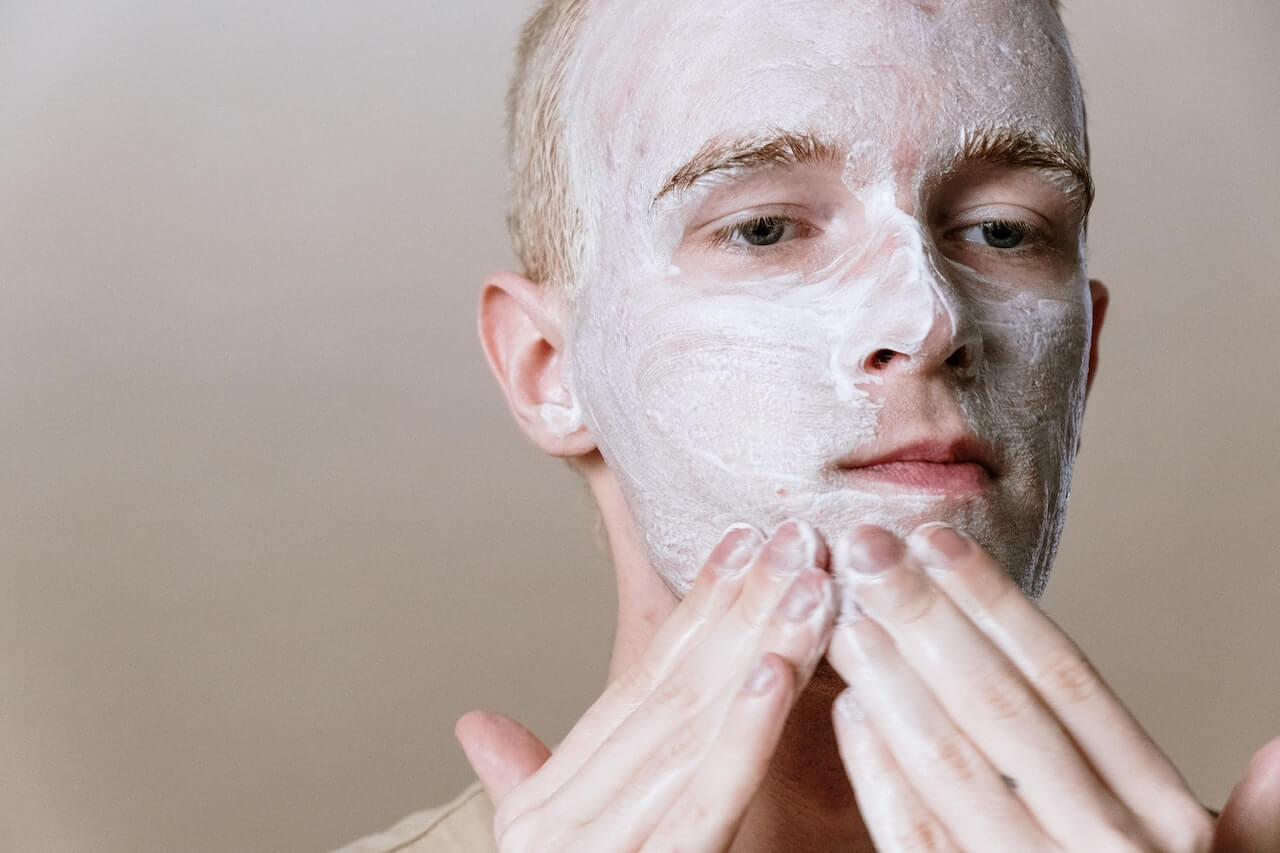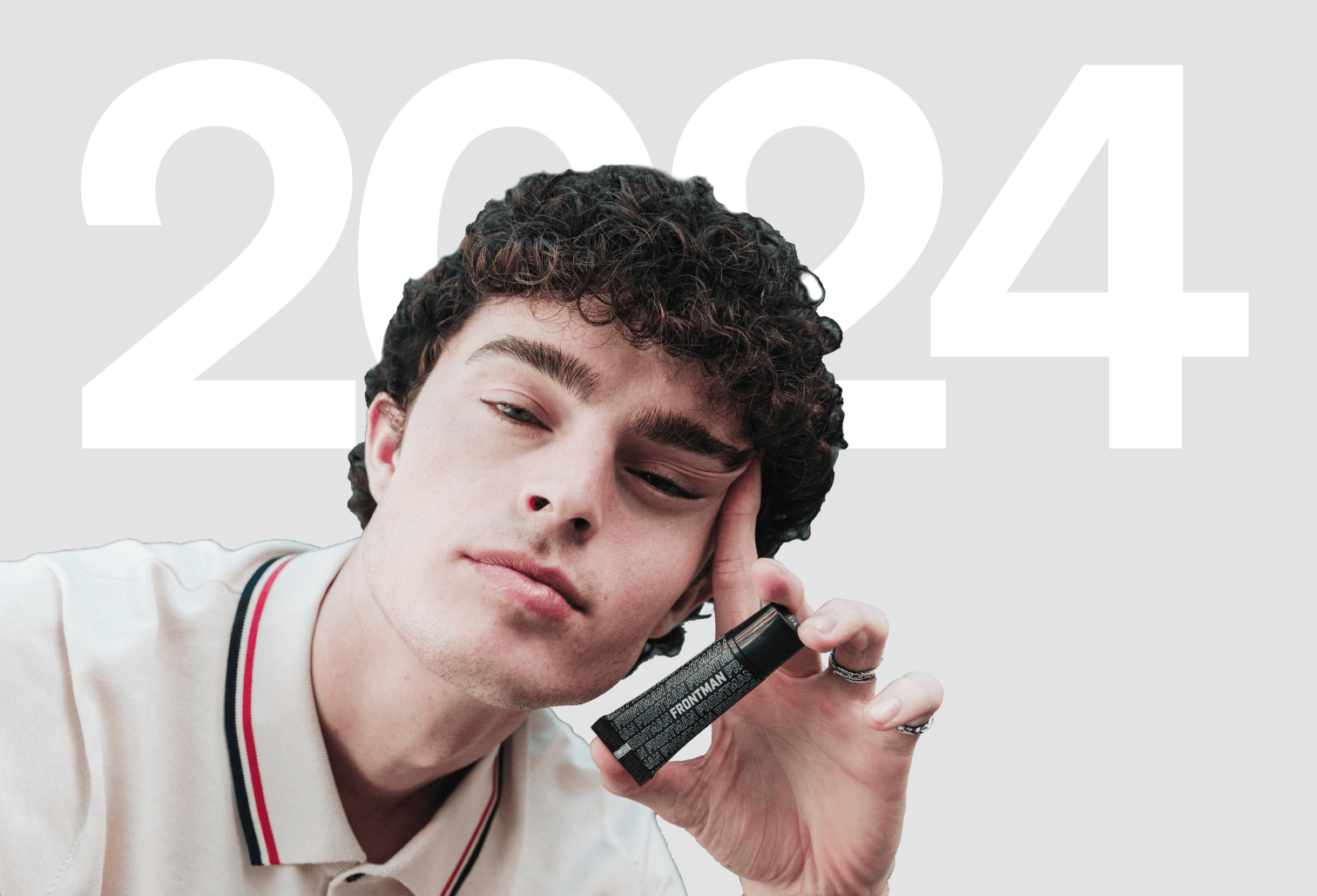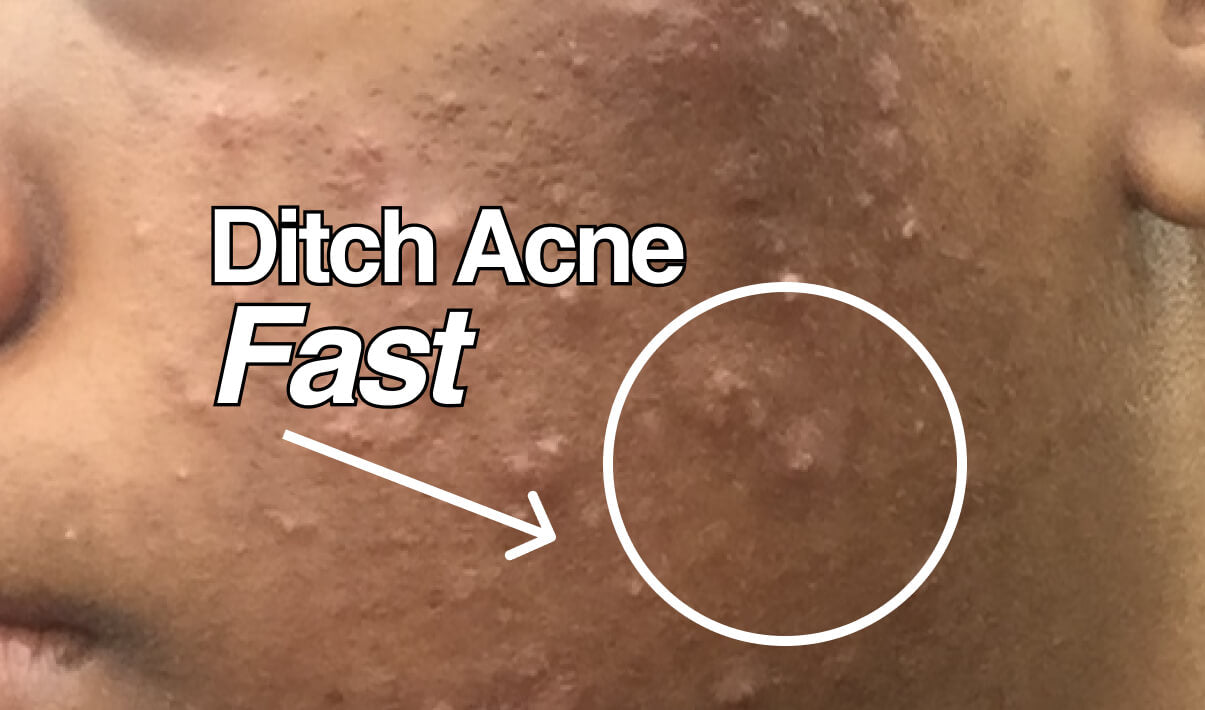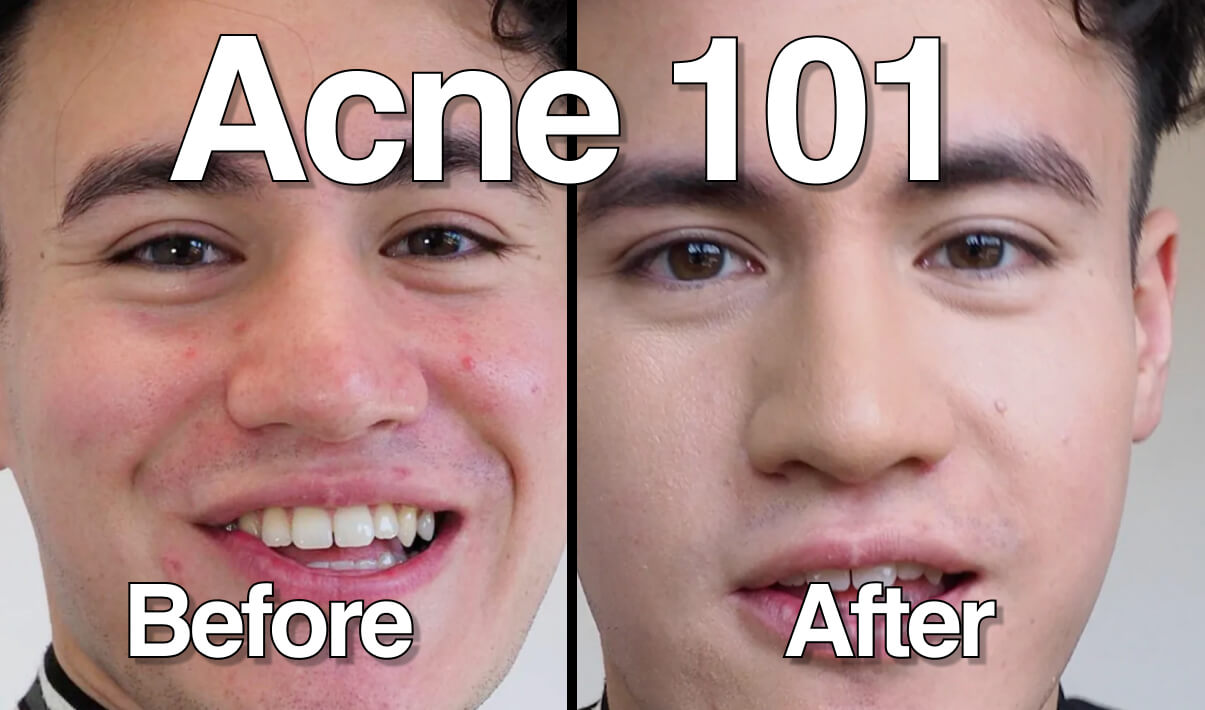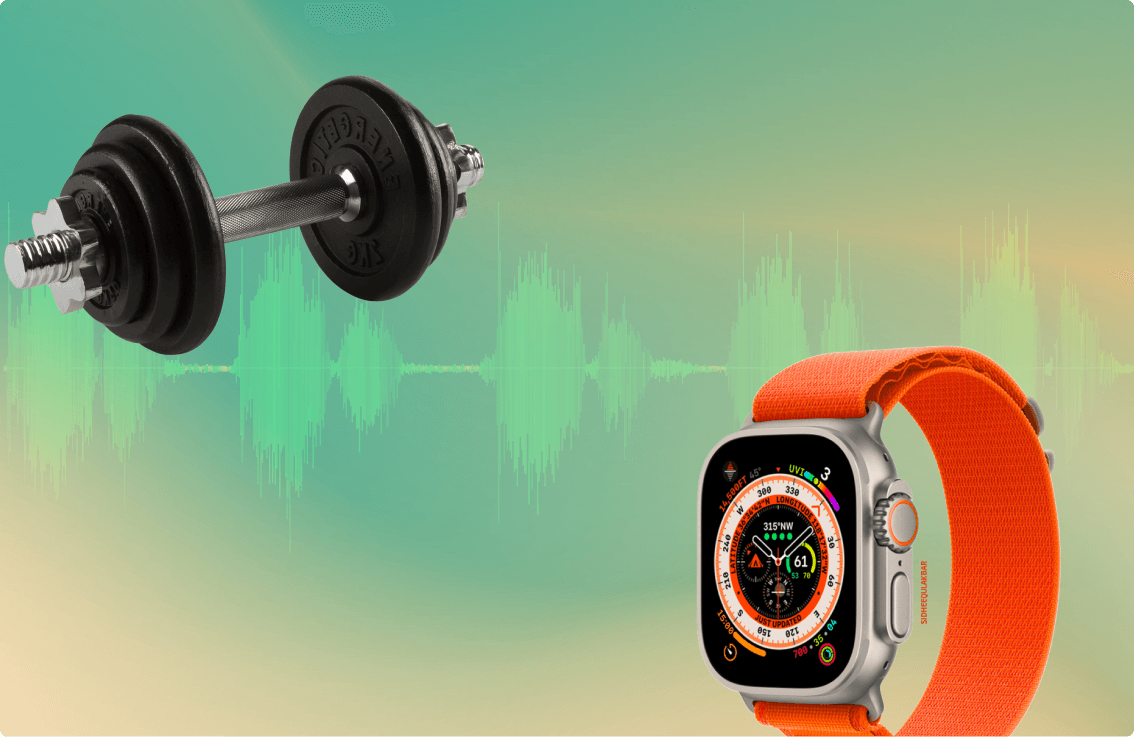Hormones? While it is often associated with teenagers going through puberty, many men also struggle with acne well into adulthood. Men's acne can be broken down into two main categories: hormonal and non-hormonal. Understanding the difference between the two and how to treat each type can help men of all ages achieve clearer, healthier skin.
What are hormones?
Hormones are your body's chemical messengers. They travel in your bloodstream to tissues or organs and affect many different processes including:
- Growth and development
- Metabolism
- Sexual function
- Reproduction
- Mood
Male hormones, also known as androgens, are a group of hormones that play a crucial role in the development and maintenance of male characteristics and reproductive function. The primary androgen in men is testosterone, which is produced in the testes.
Testosterone is responsible for the development of male sex organs, as well as the growth of facial and body hair, deepening of the voice, and increased muscle mass. Testosterone and other androgens also play an important role in regulating mood, energy levels, and libido. While male hormones are important for overall health, an imbalance can lead to a range of health problems, including acne.
What is hormonal acne?
Hormonal acne is caused by an imbalance of hormones in the body. In men, this often means an excess of androgens, such as testosterone. Hormonal acne tends to be deep, cystic, and often appears around the jawline, chin, and neck.
Men and women can both experience acne from puberty into adulthood. Men, however, tend to have acne for longer periods of time. Males have a longer phase of acne in their lifetime lasting from puberty to early-mid adulthood
To treat hormonal acne, men may need to work with a dermatologist to identify the right treatment. This could include medications such as oral antibiotics, topical creams, or isotretinoin (aka Accutane) for extreme cases. In addition to medical treatments, men with hormonal acne should also focus on a skincare routine that includes gentle, non-comedogenic products and regular exfoliation.
What is non-hormonal acne?
Non-hormonal acne, on the other hand, is caused by external factors such as diet, stress, and bacteria buildup. This type of acne tends to be more superficial, appearing as blackheads, whiteheads, and small pimples. It can occur anywhere on the face or body.
To treat non-hormonal acne, men should start by looking at their diet and lifestyle habits. Reducing intake of processed foods, refined sugars, and dairy products can all help to improve skin health. In addition, managing stress levels and using gentle, non-irritating skincare products can also be beneficial.
Your acne treatment might look different from someone else’s
When it comes to treating men's acne, it's important to remember that everyone's skin is different. What works for one person may not work for another. It's also important to be patient and consistent with treatment. Results may not be immediate, but with time and dedication, men can achieve clearer, healthier skin.
TL;DR
Understanding the difference between hormonal and non-hormonal men's acne is key to effective treatment. Hormonal acne requires a focus on addressing the underlying hormonal imbalance, while non-hormonal acne is best treated through diet, lifestyle changes, and effective skincare products. Identifying your type of acne is the first step in achieving the clear, healthy skin you deserve.
